-
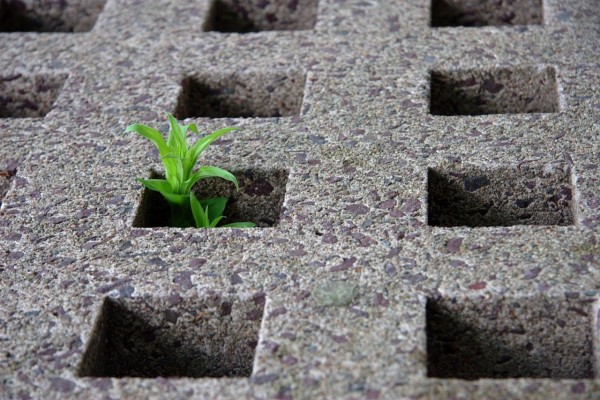
Why Canada needs degrowth
Canada’s obsession with GDP growth fuels ecological collapse and worsens the climate crisis. Degrowth offers a realistic path forward: cutting wasteful production, meeting essential needs, and distributing resources fairly. On a finite planet, pursuing endless economic expansion isn’t prosperity, writes Omer Tayyab, it’s a slow-motion disaster we can still choose to avoid.
-

The ‘haka party’ incident and the fight for Māori dignity
The Haka Party Incident is both a metonym and a contained story. Its dexterity lies in allowing the complexity of its subjects to shine while also turning important questions back on the viewer and the lands they occupy. For settlers on Turtle Island especially, the lesson is clear: there can be no justice while Indigenous peoples and their traditions are erased.
-
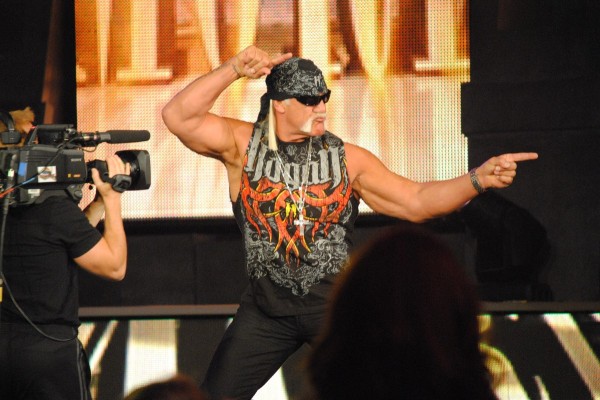
A Real American without a country
Once the embodiment of American wrestling glory, Terry “Hulk Hogan” Bollea died a month ago, effectively in exile. Once cheered as a patriotic hero, he fell from grace through scandals, backstage politicking, and cultural shifts. His downfall mirrors how America has, in unsettling ways, come to resemble the hero it turned on.
-

A graveyard of liberal illusions
The West may now be finally waking up to the full enormity of the horrors Israel has inflicted in Gaza. It needs also to wake up to the evils it has nurtured not just for the last two years, but for over a century. It is time we started listening to Palestinian voices, while there are still Palestinians left alive to speak truth to power.
-
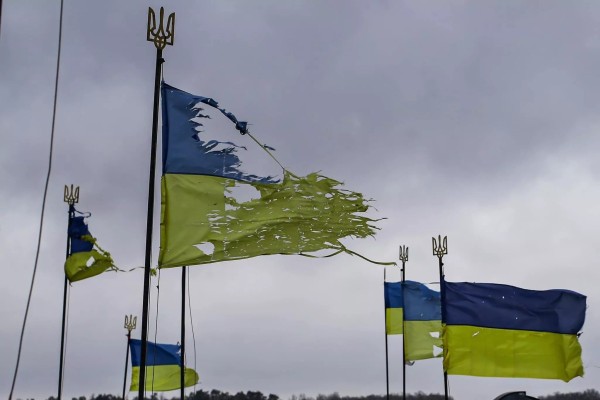
Why the Trump-Putin summit is unlikely to ‘ripen’ peace in Ukraine
The Trump-Putin summit in Alaska isn’t expected to bring peace to Ukraine, writes Paul Robinson. Russia feels it’s winning, Ukraine refuses to give up land, and US weapons support is winding down. With no clear plan either side can agree on, the gap remains wide, so while the talks may open dialogue, a real breakthrough looks unlikely.
-
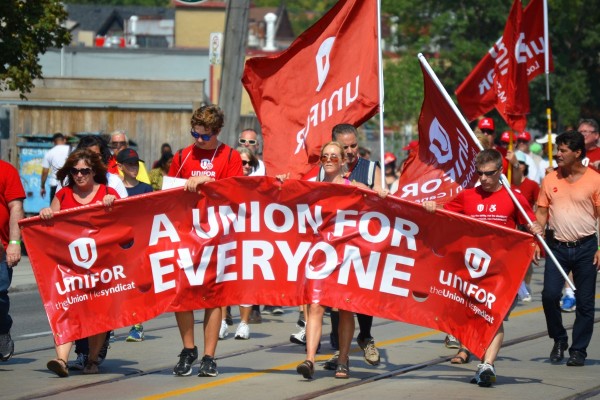
Labour needs an overhaul for the new era of Canadian politics
Canada’s 2025 election exposed deep divisions in the working class, with many union members shifting toward Conservative populism. Fred Wilson argues labour’s modest political impact signals an urgent need for a unified, non-partisan strategy. Without a bold overhaul, unions risk losing influence over Canada’s political direction in a volatile new era.
-
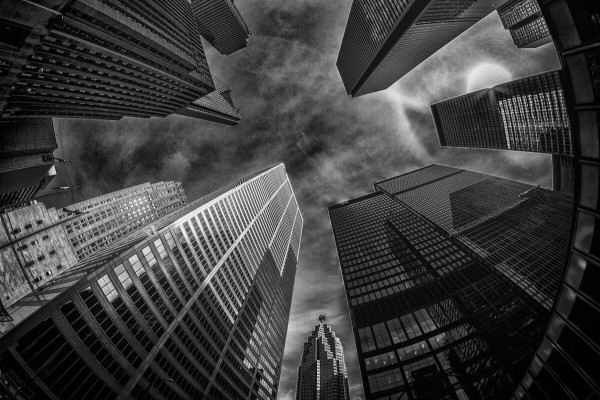
What if productivity isn’t the problem?
Canada’s so-called productivity crisis isn’t about lazy workers—it’s about complacent executives, protected oligopolies, and metrics that reward speculation over real value. If being “productive” means enriching landlords and gutting public services, writes James Hardwick, maybe we need to be less productive.
-

Manitoba is no friend to Palestine
As the Palestinian death toll surpasses 60,000 human beings, Manitobans deserve to know which side their leaders are on: the side of the oppressor, or the oppressed. For those paying attention, anything short of the premier’s clear and unequivocal condemnation of the genocide unfolding in Gaza is cynical, calculated pandering.
-
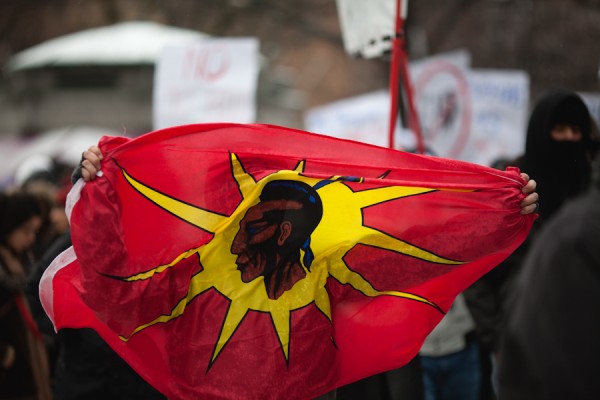
Carney is pushing Canadian liberalism to its breaking point
Prime Minister Mark Carney’s Bill C-5 signals a dramatic shift in Canadian politics, allowing major industrial projects to bypass environmental and Indigenous consultation. This move threatens to rupture Canada’s liberal foundations, sparking Indigenous resistance and raising fears of an authoritarian turn in response to growing civil unrest and dissent.
-
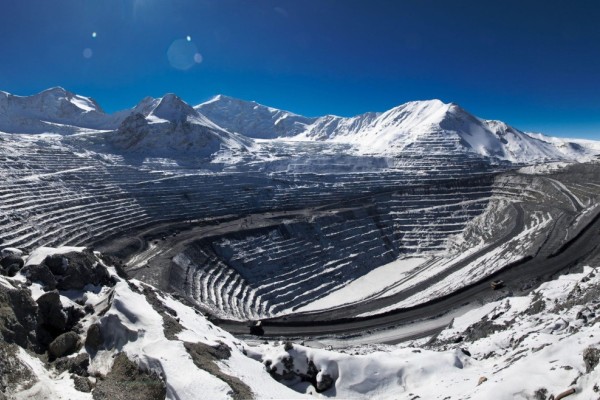
Canada dismissed Kyrgyzstan’s environmental concerns as ‘pretext’ in mine dispute, documents reveal
When Kyrgyzstan nationalized a Canadian-owned gold mine over environmental damage, internal documents show Ottawa prioritized protecting Centerra Gold and investor interests over ecological concerns—framing the move as a threat to Canadian capital. The case highlights Canada’s broader role in shielding mining companies from accountability abroad.



